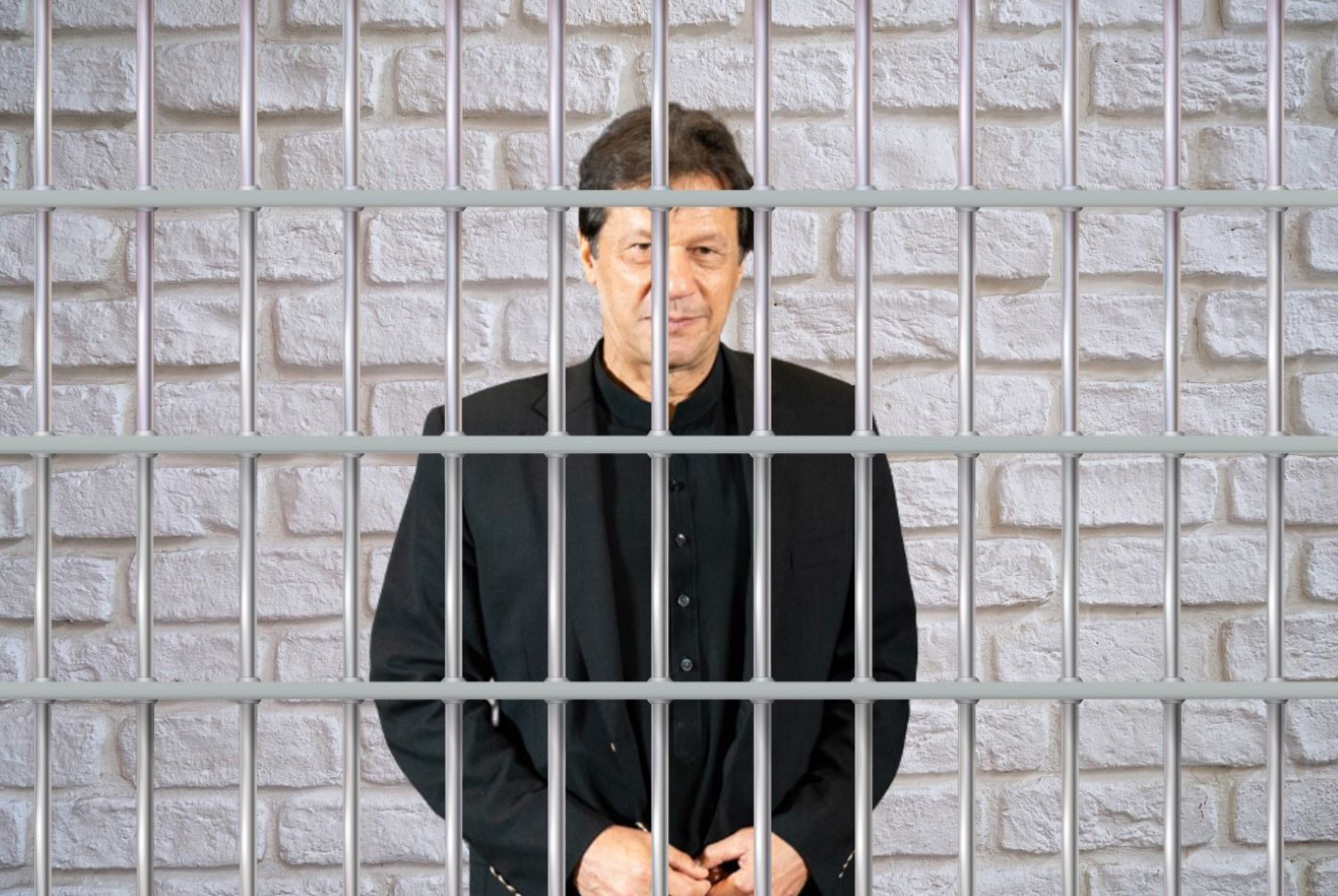Pakistan to try civilians in military court
Pakistan plans to employ military laws to prosecute individuals involved in acts of arson in recent protests triggered by the arrest of former Prime Minister Imran Khan, raising concerns among human rights defenders.

Amnesty International has condemned the ICC’s move to detain Khan, who was apprehended violently by paramilitary forces on corruption charges outside a courtroom in Islamabad. The Supreme Court ruling against Khan’s arrest sparked widespread demonstrations led by his party, the Pakistan Tehreek-e-Insaf (PTI), resulting in clashes between protesters and riot police, multiple fatalities, and numerous injuries.
#WorldNews| Pak National Assembly passes resolution to try May 9 rioters under military law; declares the day as 'Black day'. #ImranKhan https://t.co/UJexuTd7Ag
— Republic (@republic) May 23, 2023
Protests targeting military installations in major Pakistani cities have sparked controversy and unrest, with the military claiming undeniable evidence and vowing to prosecute offenders under military and anti-espionage laws. The Human Rights Commission of Pakistan (HRCP) criticized the use of military laws to try civilians, emphasizing the importance of due process.
Prime Minister Shehbaz Sharif has pledged to establish additional anti-terrorism courts to handle the cases of PTI protesters involved in the violence, while PTI leader Khan has accused military intelligence agencies of orchestrating the incidents as a pretext for a military-backed security crackdown. However, there is no evidence to support his claims and an independent investigation is needed.
The HRCP expressed concern over the arbitrary arrests and cases filed against PTI workers across Pakistan, emphasizing the need to differentiate between those resorting to violence and nonviolent political activists. The ongoing crisis in Pakistan has raised questions about the military’s influence on governance and its impact on the country’s democratic stability.
Critics argue that the military’s historical dominance, including periods of direct rule through coups, continues to shape policymaking and foreign affairs. The recent events have further exacerbated tensions between Khan and the military, as he alleges their involvement in his removal from power in 2022. Khan’s critics claim that the military backed him in winning the election in 2018, as well as that disagreements with the institution over foreign policy and other topics led to his removal as prime minister.
As the situation unfolds, the Wilson Center in Washington highlights the increasing pressure on Khan and his party. It underscores the recurring pattern in Pakistan, wherein opposition parties falling out of favor with the military face adverse consequences. Significantly, this recent episode has considerably damaged the military’s image, despite its historical grip on power in the country.






